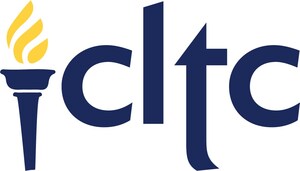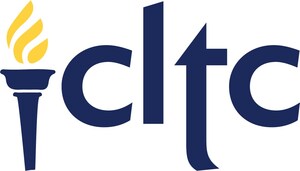
Middle-Income Consumers Less Likely to Acknowledge and Plan for Long-Term Care Needs
New Survey Reveals Crucial Knowledge Gap
CHARLOTTE, N.C., Sept. 18, 2024 /PRNewswire/ -- A comprehensive survey commissioned by Certification For Long-Term Care (CLTC) highlights a crucial gap in middle-income consumers' understanding of costs and planning associated with long-term care (LTC).
With sponsorship by CareScout, Oliver Wyman, and ET Consulting, the survey results were released at CLTC's Annual Leadership Summit.
Among the survey's key findings:
- Upper-income consumers are more likely to recognize that, in the absence of insurance, most LTC costs will be paid out-of-pocket.
- In contrast, middle-income consumers are less likely to understand that critical fact.
"Another difference we identified is the approach to future planning," said lead researcher Eileen J. Tell, CEO of ET Consulting. "Upper-income consumers are more inclined than their middle-income counterparts to engage in product purchases or make financial investments to prepare for LTC needs—such as buying long-term care insurance (LTCI) or increasing retirement savings."
Middle-income consumers are less familiar with LTCI and less likely to meet with insurance agents to discuss options. They are more likely to cite affordability concerns when considering LTCI, which could signal a potential lack of understanding of its value proposition and the financial risks they might face with LTC. Middle-income respondents are also more likely to cite not needing LTC or reliance on family care as key reasons for not buying LTCI.
Middle-income individuals said that if they received information about options from a trusted advisor with knowledge of their personal situation or if objective, reliable information were available on a government-sponsored website, they might be more interested in the planning options presented.
"Interestingly, upper-income consumers are more willing to use their own money to pay for LTC needs, reflecting their greater financial resources," said joint researchers Gabriel Alboukrek and Dustin Plotkin of Oliver Wyman. "In contrast, middle-income consumers are more hesitant to commit to such investments, possibly due to more limited financial resources and the misconception that they will not need care and that, if they do, they will not have to pay for it out of their own finances."
By The Numbers:
- 77% of upper-income consumers have some familiarity with LTCI versus 67% of middle-income consumers
- 29% of upper-income consumers say they are very likely to buy (or already have) LTCI versus 18% of middle-income consumers
Click here for an Executive Summary.
SOURCE Certification For Long-Term Care (CLTC)






Share this article